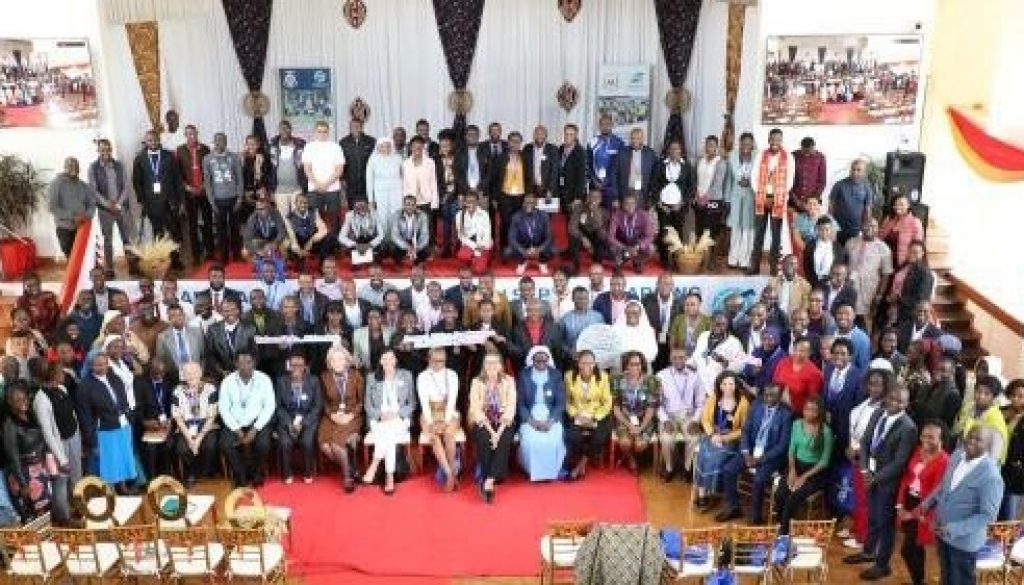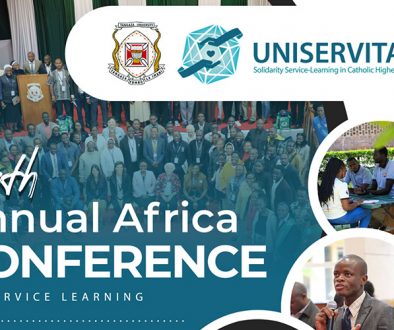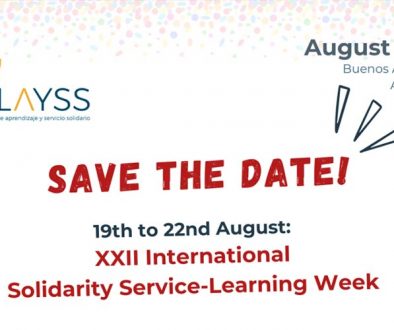2nd Annual Africa Conference on Service Learning
The 2nd Annual Africa Conference on Service Learning was held on 18th -19th May 2023 at Tangaza University in Nairobi. The conference was in two folds – online and onsite, which was a remarkable event that brought together a diverse mix of experts in the Service Learning field from the Africa Regional Hub and the Uniservitate Global – CLAYSS. The conference, themed “Service Learning and Life in its Fullness: Promoting Care for Creation and Fraternity in Higher Education,” aimed to advocate for Service Learning as a means to create a sustainable future while fostering Care for Creation and Fraternity in Higher Education.
The engaging discussions and informative keynote sessions of the conference triggered important thoughts and inspirations that made it achieve the set goals and objectives of the 2023 Service Learning conference of the Africa hub.
The conference subtheme session captions included:
i. Dignity of Creation
ii. Protection & Safe Guarding of Children and Vulnerable Adults
iii. Service Learning and Sustainable Development Goals
iv. Youth, Technology and Identity in relation to Social Teaching of Church
v. Fraternity and Cooperation in Higher Education Institutions
vi. Leadership, Creativity and Innovation in Service Learning
Attendees had the opportunity to interact with regional and international specialists who are at the forefront of this field. The keynote sessions delivered by these experts offered valuable insights into the importance of Service Learning, its impact on creating a sustainable future, and the role of Fraternity and Care for Creation in higher education.
The conference provided interactive networking opportunities facilitating networking among participants, allowing them to build connections and collaborations. Attendees interacted with like- minded individuals, including educators, researchers, students, and representatives from non-profit organizations. These interactions not only fostered knowledge sharing but also paved the way for potential partnerships and future collaborations.
The organizers ensured that the conference was accessible to a wider audience by offering both onsite and online participation options. This modality allowed individuals who couldn’t attend physically to join the conference remotely and actively engage in discussions. The virtual platform facilitated seamless interactions, enabling participants to ask questions, share their perspectives, and contribute to the conference proceedings.



